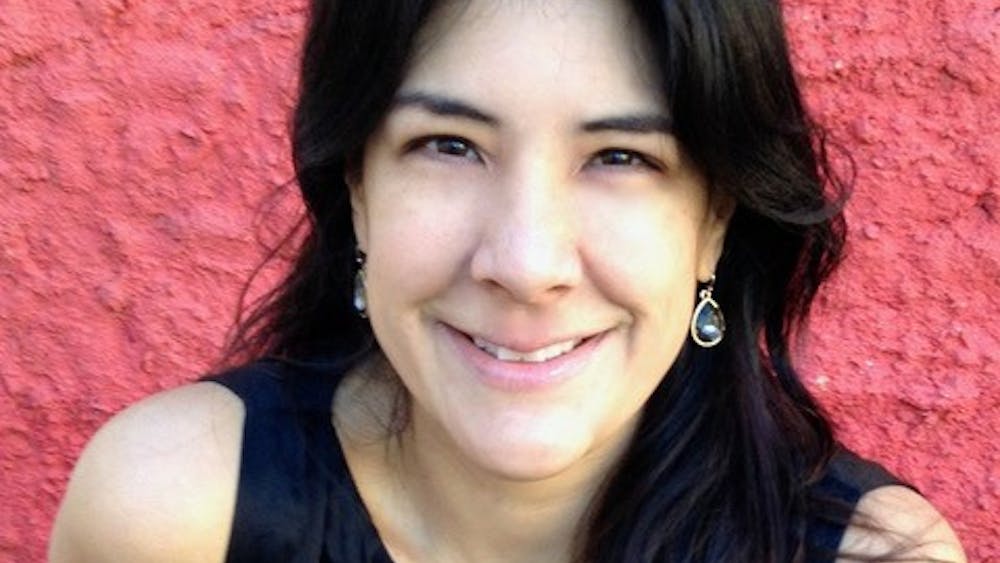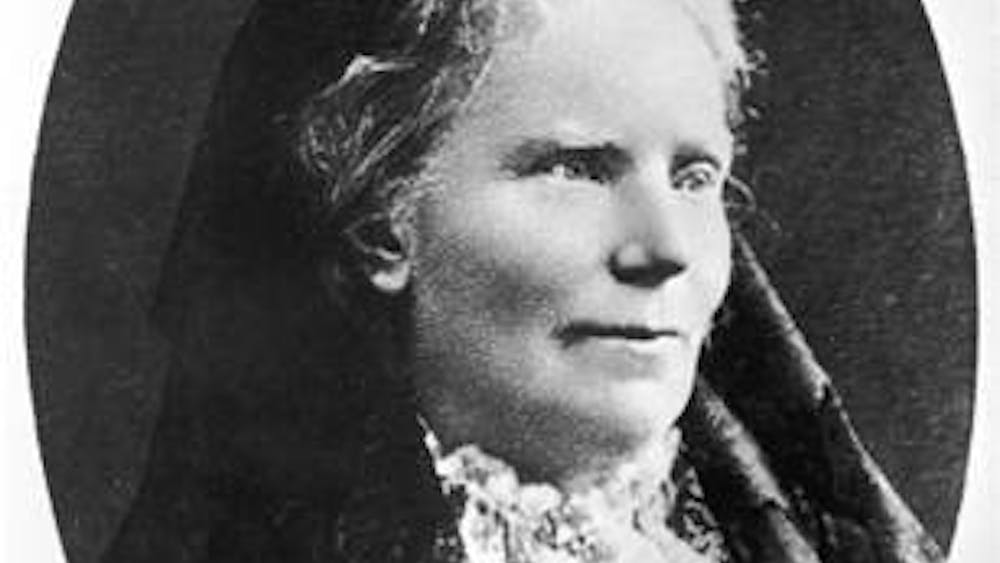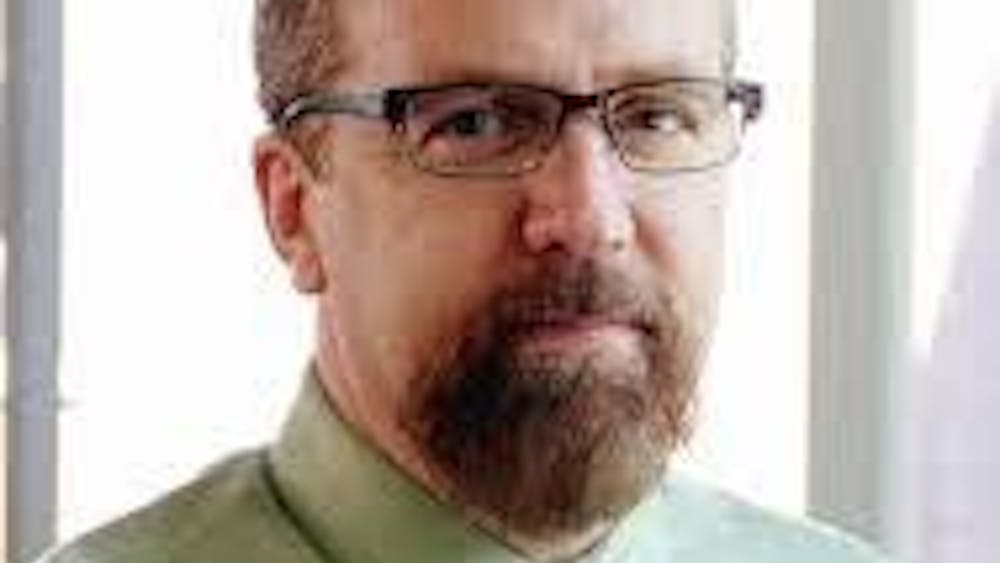Should tigers be classified into six subspecies?
By WILL EDMONDS | November 15, 2018Tigers are not only the largest cat species in the world, but they are also a keystone species integral to the continued maintenance of the food chain. For decades, researchers have been warning governments around the world about the endangered status of tigers and encouraging more stringent protection on habitats and against poaching. With fewer than four thousand tigers remaining around the world, down from an estimated one hundred thousand in 1990, conservationists have been studying the best ways to keep the species alive.
















